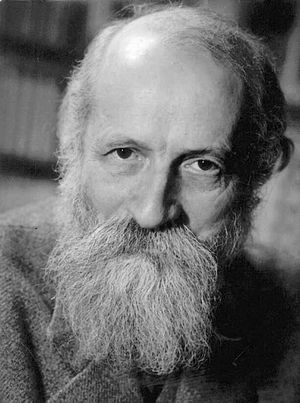
Mishnah Peah 1:1 – These are the things for which there is no measure: the corner of the field [which is left for the poor], the first-fruits offering, the pilgrimage, acts of lovingkindness, and Torah learning.
One might get the feeling, learning Torah, that Jews are always accounting for things: taking a census (three times in the book of Numbers alone, in Chapters 1, 2, and 26), counting days after Passover (the Omer), and counting years in the desert, tribes, wives, children, generations – you name it. If you press further and read into the Mishnah and Gemara, the rabbis worry a lot about measures, distances, and other numbers.
And yet we begin each day’s prayer with a passage from Mishnah Peah which lists the things we do not count or measure: the portion of the field left for the poor, the first-fruits offering, the pilgrimage, acts of lovingkindness, and Torah learning. According to the Tosefta (additional Mishna-era writings) that means that a Jew is obligated to do these things, but the amounts are up to the individual. If a person left a tiny area of each corner unharvested, gave a pittance of his first fruits, merely showed up for the pilgrimage feasts, that was enough. It might not be meritorious, but he would be within the letter of the law. Nowhere does the Torah command acts of lovingkindness: they are implied in other commandments, such as helping the orphan and widow, not standing by when a neighbor is bleeding, loving the stranger, but it is a vague implication, not a clear commandment. Torah learning is commanded (“Keep these words” and “teach them to your children”) but the extent of Torah learning is, again, up to the individual.
What might we learn from this? Perhaps one thing we can learn is that an acknowledgement of human individuality is built into Torah. While much of Torah lis concerned with the good of the community, our ancestors recognized that we are not all alike. Some people are naturally inclined to study; for others even a little study goes a long way. Some individuals can be generous: either they are wealthy and they can afford to give, or they are generous by nature, and inclined to give. Others may face restraints that make it impossible to give much, or to participate much in other mitzvot.
However, these things “without measure” also give us something precious: room to grow. At one stage of life, a person’s ability to give or to participate may be limited by any of a number of factors: their knowledge of the mitzvah, their inclinations, the facts of their life, their income, and so on. Later on, we may grow into mitzvot that we neglected or observed only minimally when we were younger.
It also suggests that while it is tempting to be compare to our neighbors (“How much are the Levys giving to the fund?” or “Most people don’t go to services every Shabbat.“) – this passage is a reminder that other people’s mitzvot do not matter when we are deciding about our own. “How much did the Levys give?” is not the way to determine what we will contribute to the communal good or a good cause. Nor should we be ashamed, if we are doing the best we can with one of these mitzvot.
Martin Buber recorded a famous rabbinical tale in which Rabbi Zusya said, “In the coming world, they will not ask me: ‘Why were you not Moses?’ They will ask me: ‘Why were you not Zusya?”
Let let our concern be for becoming our best selves, living lives of mitzvot beyond all accounting!

Good post. I learn something new and challenging on blogs I stumbleupon every day.
It will always be useful to read through content from other writers and use a little something
from other sites.
Thanks, Sarah, glad you are getting something out of it.
How to hack Messenger by a phone number? – How to hack Telegram by a phone number?, Hack Snapchat Online Tool